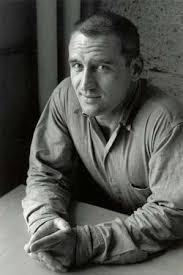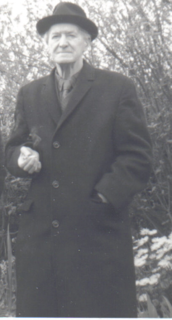A Quote by Lawrence Osborne
In Bangkok's budding literary scene, Prabda Yoon sits at the centre.
Related Quotes
When we are very young, we tend to regard the ability to use a colon much as a budding pianist regards the ability to play with crossed hands: many of us, when we are older, regard it as a proof of literary skill, maturity, even of sophistication; and many; whether young, not so young, or old, employ it gauchely, haphazardly, or at best inconsistently.
have a much harder time writing stories than novels. I need the expansiveness of a novel and the propulsive energy it provides. When I think about scene - and when I teach scene writing - I'm thinking about questions. What questions are raised by a scene? What questions are answered? What questions persist from scene to scene to scene?







































